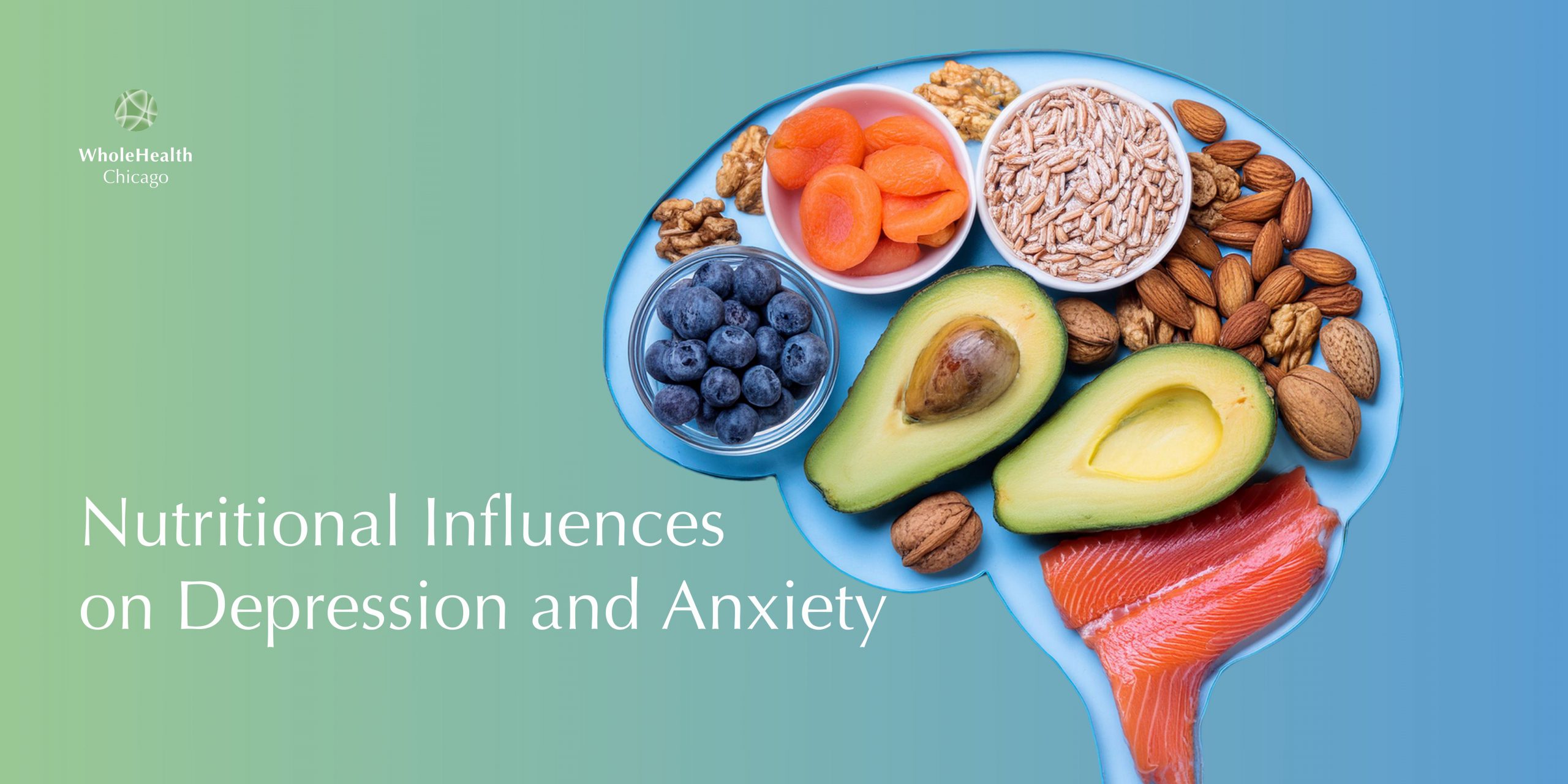Depressed? Anxious? In the cynical ideal world of your insurance company’s CEO, he’d like you to have a one visit with your primary care provider (PCP) and, if you absolutely must, a referral to a visit to a mental health counselor. Not too many of these visits, as these cost money and you’re usually allowed less than ten a year.
Most of all, the CEO would like you on an antidepressant. In some countries, Iceland for example, patients agree. “No talk, just give me an antidepressant.” So they’ve got the highest antidepressant use on the globe. I guess when you live on an island that looks like the set of a Samuel Beckett play and you’re dodging lava spewing volcanoes, you need an SSRI.
But for your depression, maybe your talk therapist thinks an antidepressant (sertraline <Zoloft>, escitalopram <Lexapro>), etc. is reasonable. Although this decision should be made by a psychiatrist to see if you need a med in the first place, due to a psychiatrist shortage, you’re usually sent back to your (PCP) who writes you a sertraline rx with umpteen refills. You’re to call your PCP if you have side effects and return in a couple of months. Weeks later you think you might be feeling better so you do neither.
A year goes by. The only doc you see is your gyne for your PAP. She notices you’re on sertraline.
“You okay?” she asks, glancing above the sheet between your knees.
“Yeah, fine.”
Then another year goes by.
Whatever triggered your original sadness has long passed. If you were grieving a dog, you got a new one (or a new job or new sig. other) Four visits into your allotted ten your therapist thinks you’re “okay” and says “you can stay on your med if you want to.” With your new sig. other the sex isn’t great but it’s better than nothing; your mouth is dry all the time; you’re not sure if your brain is working right. But when you try getting off your sertraline you feel your sadness creeping back and this worries you so you keep renewing the prescription.
The end result? Here at WholeHealth Chicago we see patients, almost all women, young and old alike, who have been on antidepressants and/or antianxiety medications “for years,” renewals in perpetuum.
Currently almost 17% of the U.S. population is taking one antidepressant or another. Some patients really need them, genetically born with a shortage of the brain chemical serotonin, the ‘factory installed’ buffer against ‘stress.’ Most patients probably don’t need them permanently. Depression does heal.
Since antidepressants are astonishingly cheap, costing the insurance industry (ready for this) approximately $10.00 a year for 365 sertraline tablets medicating you is a lot less expensive for them than allowing you weekly sessions of talk therapy. Patients change their PCPs like underwear and new doctors are very reluctant to discontinue someone else’s psych med prescriptions. A 45 year old woman on Prozac since she was 18 when she had a bad breakup in college (which she had long forgotten about) now for almost thirty years has really never had a good orgasm, a decent night’s sleep, and has mild constant low level nausea.
I chose this week’s topic simply because we’ve had several patients coming in solely seeking help getting off (or at least reducing) their antidepressants and antianxiety medication. The antidepressant taper (SSRIs, SNRIs) can be a slow process, usually weeks, but most patients agree it’s worth it. The main benefits are improved mental clarity, better sex, and weight loss. The side effects of the taper are fortunately (for most people) short-lived.
The anti-anxiety medications (clonazepam <Klonopin>, alprazolam <Xanax>, lorazepam <Ativan>), as well as meds for sleep (zolpidem <Ambien>, eszopiclone <Lunesta>) can also be hard to discontinue completely. Stopping the anti-anxiety meds can make you feel like you’ve got the flu; life without Ambien gives you “rebound insomnia” for a few days.
Several years ago, Melvyn Werbach, M.D., a nutritionally oriented physician gathered all the research he could find into “Nutritional Influences on Mental Illness” written primarily for physicians and researchers in an attempt to hold back the rising tide of not only psychotropic medications, but also unnecessary psychiatric hospitalizations, electroconvulsive therapy, etc.
Research from the 1950’s and 1960’s is still valid today.
Werbach found that many chronically depressed and anxious patients had seriously neglected their nutrition. Although Dr. Werbech had no specific product preferences, he recommended healthful eating, multiple vitamins, minerals, healthy oils such as:
Then, to raise serotonin, he recommended
- St. John’s Wort 900-1,000 mg/day
- L Methyl Folate 15 mg OR
- SAMe (Designs for Health) twice a day
Healthful eating, regular exercise (raises serotonin), sun exposure (raises vitamin D and serotonin) and Cognitive Behavioral Therapy may allow you to go off (or at least taper) your dependence on meds.
Be well,
